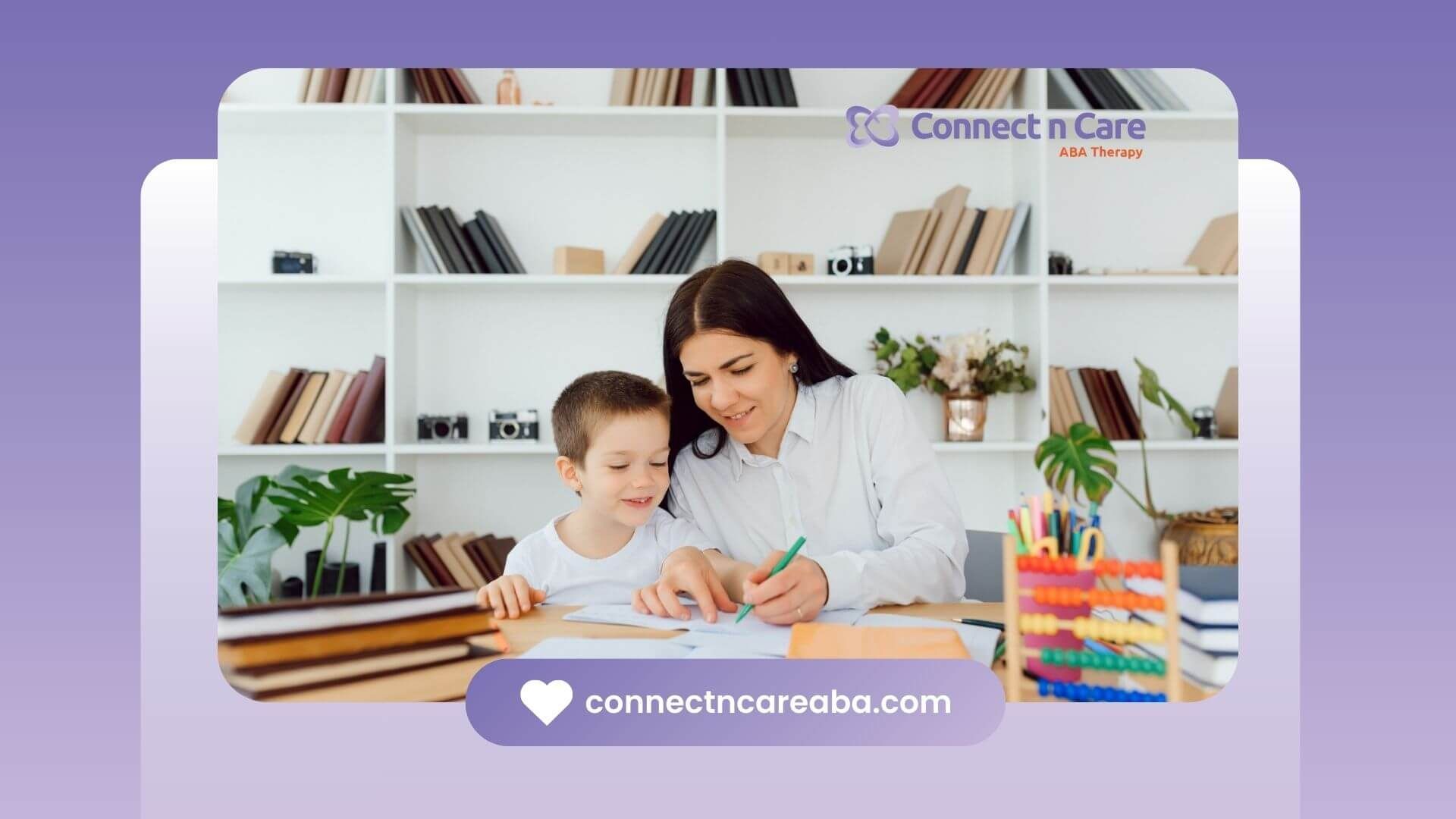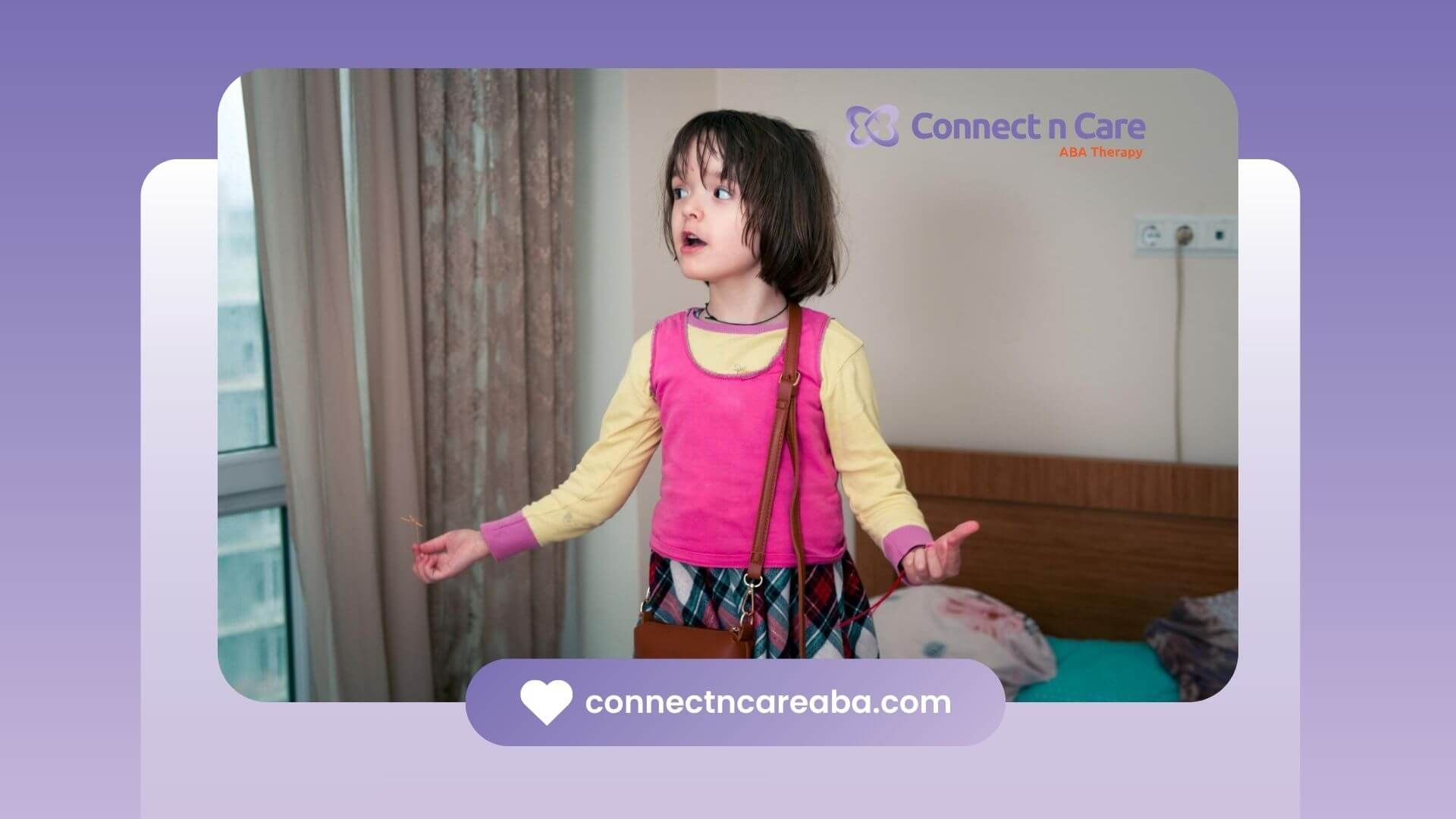Level 1 autism, sometimes referred to as “high-functioning autism,” typically involves milder support needs compared to other levels on the spectrum. Many people with Level 1 autism are capable of living alone, but success depends on their individual strengths, challenges, and the skills they’ve developed over time.
Individuals with Level 1 autism often manage well with routines, structured environments, and predictable schedules. These qualities can actually make independent living easier in many ways. However, challenges may arise in areas such as handling unexpected changes, managing finances, organizing daily tasks, or navigating complex social situations.
The path to independence usually requires gradual preparation. Parents and therapists can support this transition by teaching life skills—such as cooking, budgeting, household chores, and problem-solving. Social and communication skills training can also help individuals feel more confident when interacting with landlords, coworkers, or neighbors.
Importantly, living alone doesn’t mean living without support. Many individuals thrive with access to community programs, therapy, or check-ins from family and friends.
At Connect n Care ABA, we focus on building the skills that empower children and young adults with autism to gain independence and live fulfilling lives.
Frequently Asked Questions
Can people with Level 1 autism live independently?
Yes, many individuals with Level 1 autism can live alone with the right skills, support, and resources.
What challenges might they face?
They may struggle with social interactions, executive functioning, or managing unexpected situations without support.
How can families prepare their child for independence?
By teaching daily living skills, encouraging decision-making, and gradually building independence through practice and support.









